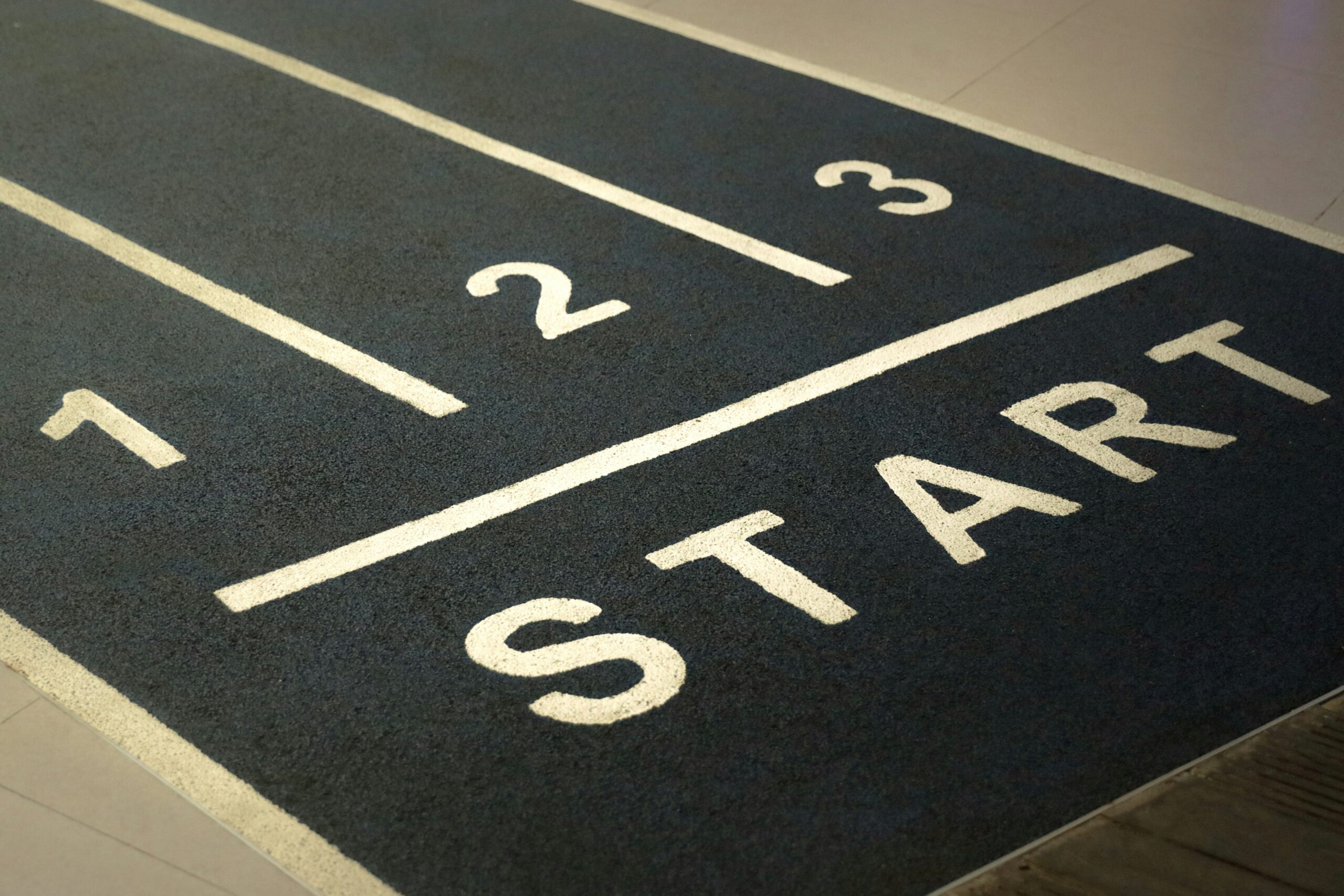Editor’s note:
This article explores a quiet challenge of senior leadership: the need to develop new skills that aren’t explicitly taught or rewarded.In remote and hybrid organizations, this gap has widened. Leadership behaviors that once emerged through proximity now require intention, structure, and clarity. What was once invisible learning is now unavoidable work.
When you look at senior leadership, you might just want to save yourself the trouble. On the other hand, the world needs your gift. You can make a mark on the world and, in the process, create meaning from service. We need smart and engaged leaders who are ready for the task.
Seeking and preparing for leadership is a weighty thing, a serious thing. Our normal pathways to leadership are often unplanned, sometimes serendipitous. Even so, arriving equipped is anything but accidental, requiring leadership development coaching.
Equipping yourself for leading an organization is difficult for a few reasons:
- You don’t realize skilling for senior leadership is even “a thing” or something that should be “your thing”.
- It’s not obvious what skills you need for that kind of service, and if you do know what some of the skills are, how to get them. You don’t often accidentally fall into senior leadership.
- The path to leading organizations is not a straight line. There is learning and joy in these circuitous routes through roles, jobs, and service in the community. It’s also true that the organic paths won’t automatically provide you with everything you need for your destination(s).
So, how do you prepare? No, I’m asking. How do YOU prepare to acquire the skills that fall outside of your domain (see my recent article that lists habits, thinking, multi-disciplinary fluency, networking, and negotiating)… tell me in the comments.
Learning Leadership vs Learning Your Domain
Here’s the uncomfortable truth: the way you learned your domain expertise will not serve you in acquiring leadership skills.
Your technical or functional expertise followed a predictable path. There were courses, certifications, mentors, clear progression markers. You could measure your advancement through concrete outcomes like projects completed, problems solved, metrics improved. The feedback loops were obvious.
Leadership skills exist in an entirely different ecosystem. They’re contextual, relational, and often invisible until you need them. There’s no certification in “executive presence” that actually creates presence. No online course in “strategic thinking” that transforms how your mind processes complexity. No workshop on “organizational influence” that suddenly makes you influential.
This isn’t a failure of the education process; it’s the nature of the skills themselves. Leadership development coaching can make a difference.
Practice Makes Potential Before it Makes Perfect
The skills that matter most for senior leadership share a peculiar characteristic: they can only be developed through practice, but you need the skill to practice effectively. It’s like learning to swim by swimming except the pool is 12 feet deep and filled with stakeholders who have opinions about your technique.
Consider how you develop genuine influence within an organization. You can’t practice that by yourself before you get there. It emerges through real interactions with real people and real consequences. Those interactions require judgment, timing, and understanding that… well, that you’re trying to develop through those very interactions.
The skills you need most are the hardest to practice safely, yet practicing them unsafely can make a mess.
The Invisible Curriculum
Your domain expertise had visible markers of progress. These leadership skills have an invisible curriculum. Progress happens in the spaces between formal activities, in how you process setbacks, how you read organizational dynamics, and how you calibrate your communication to different audiences.
Most professionals don’t realize they’re missing this invisible curriculum until they need it. You get promoted or take on broader responsibility, and suddenly discover that technical competence, while necessary, isn’t sufficient. The skills that got you here won’t automatically evolve to serve you there.
The challenge is that by the time you recognize the gap, you’re often in a role where the stakes are higher and the margin for learning by failing is smaller.
Many aspiring leaders treat leadership skill development like they treat domain skill development which is something that can be scheduled, systematized, and completed. They attend a workshop, read a few books, maybe get some coaching, and expect transformation to ensue.
But these skills require a different kind of intentionality. They develop through deliberate practice embedded in real work. They require you to change not just what you know, but how you think, how you process information, and how you show up in relationships.
The development process is messier, more personal, and more vulnerable than most professionals expect. It requires admitting that expertise in one area doesn’t automatically translate to competence in another. It means being willing to be temporarily incompetent while you build new capabilities.
The Path Forward
The world needs leaders who understand that leadership is a craft worth developing deliberately. Not leaders who stumbled into senior roles and figured it out as they went, but leaders who approached their development with at least some of the same rigor they brought to their domain expertise.
This means accepting that the path is less clear, the feedback less immediate, and the process more uncomfortable than what got you here. It means being willing to invest in capabilities that may not pay dividends for months or years.
Those who approach leadership skill development with intention and patience don’t just become better leaders. They become the kind of leaders who create the conditions for others to thrive.
The world needs what you have to offer. The question isn’t whether you’re ready to offer it. The question is whether you’re ready to learn how to build the platform from which to offer it.
Many of the skills described here become harder — and more necessary — in remote and hybrid teams. Without shared context, leaders must replace intuition with systems that create clarity, trust, and fairness.
This is the gap my work focuses on today.
